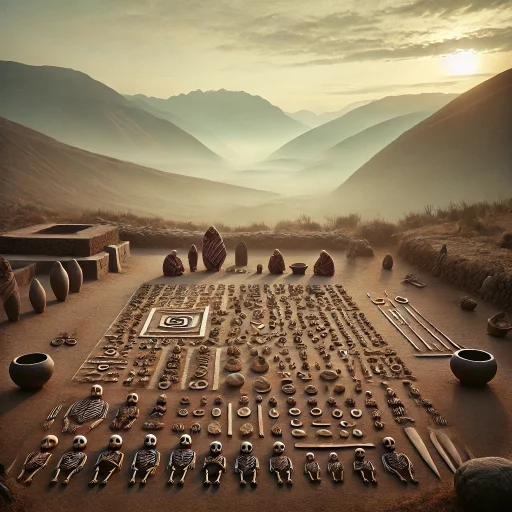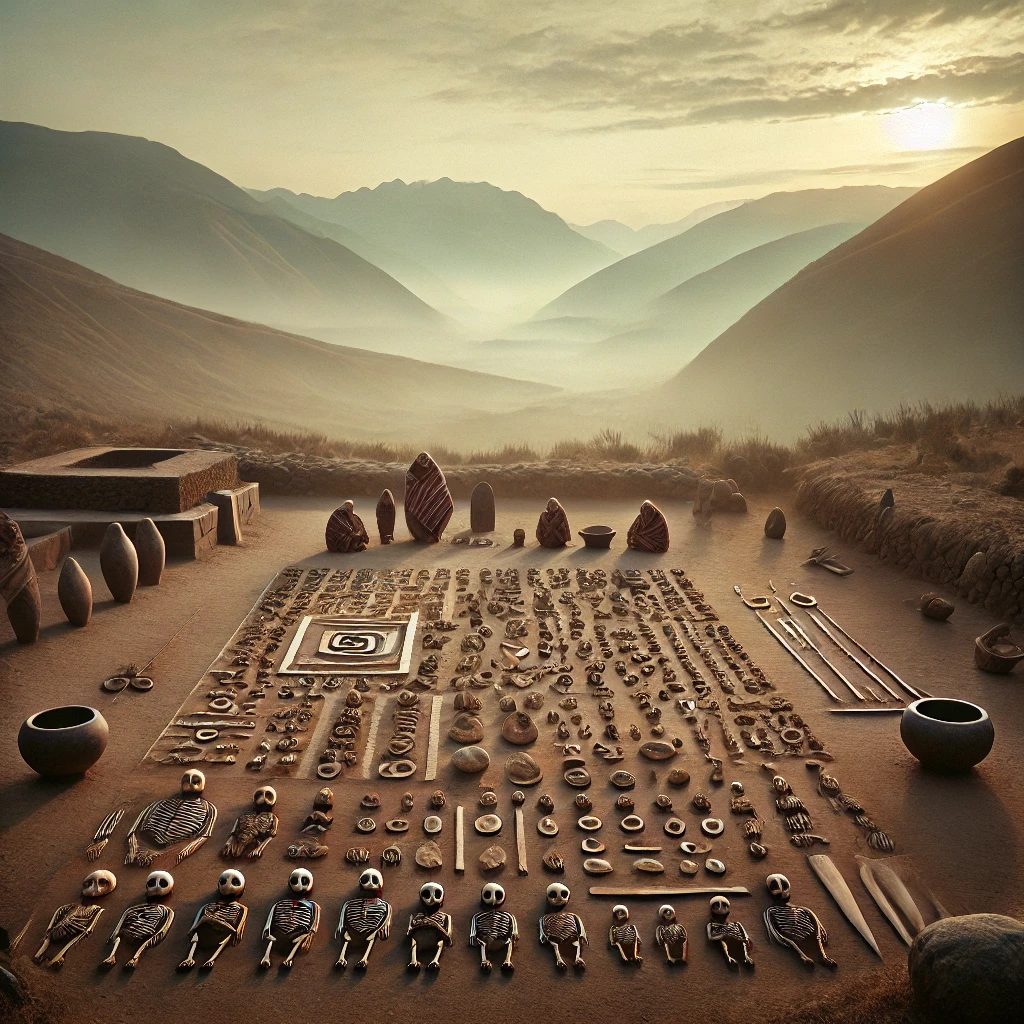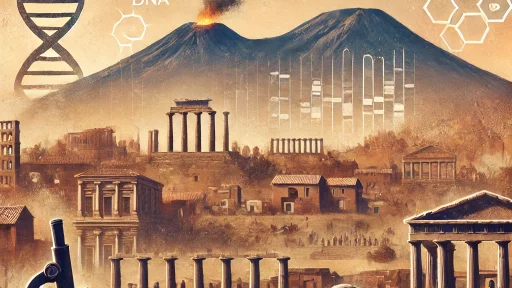Rituals to Ensure Survival
Archaeologists in Peru recently uncovered a striking and somber site: the remains of 76 children, sacrificed over 800 years ago. This ritual, likely conducted by the ancient Chimú civilization, aimed to secure a bountiful harvest by appealing to the gods—a powerful glimpse into how early societies strived to control their fate.
A Sacred Offering of Children’s Hearts
Each child’s remains displayed a significant feature—their chests were carefully cut open. This finding suggests a deliberate, ritualistic offering, perhaps intended to present the children’s hearts as symbolic “gifts” to the gods. The Chimú civilization, once thriving along Peru’s northern coast, relied on agriculture for survival, and when crop success was uncertain, they turned to extraordinary spiritual practices for protection.
When Survival Hinged on Sacrifice
This discovery highlights the deep connection between ancient civilizations and their environment. For the Chimú people, agriculture was essential to life. When crops were at risk, they may have believed that sacrifices were needed to maintain natural balance and please the gods. Understanding these practices offers us a unique perspective on how ancient people managed their fears and hopes to protect their communities.
Understanding Cultural Beliefs in Ancient Civilizations
While this practice might seem shocking today, similar rituals were not unusual among early societies worldwide. By studying these acts, scientists gain valuable insights into the belief systems that shaped these communities. These sacrifices by the Chimú illustrate humanity’s evolving relationship with nature and our efforts to ensure survival. Discoveries like this remind us of the ancient roots of agricultural rituals, some of which continue in varied forms in cultures around the world.
Source: Live Science Article





